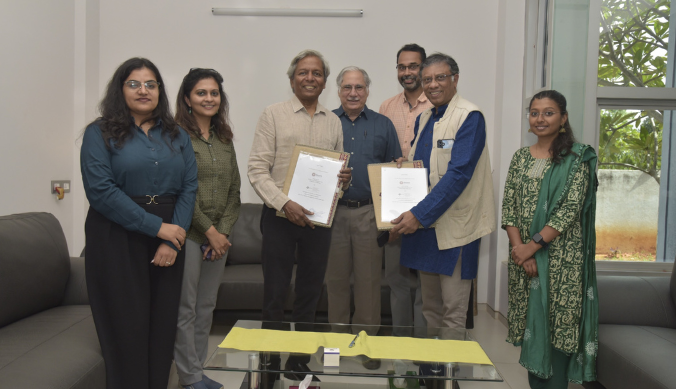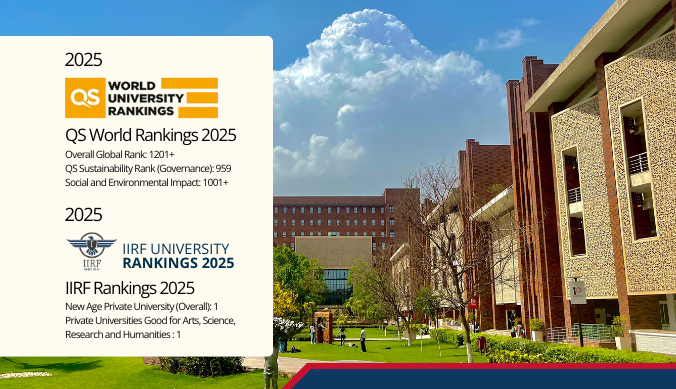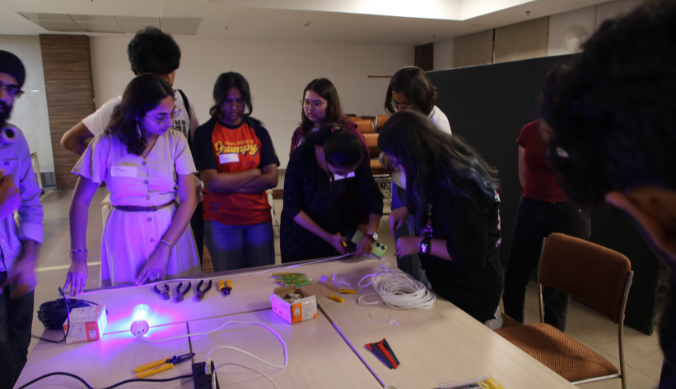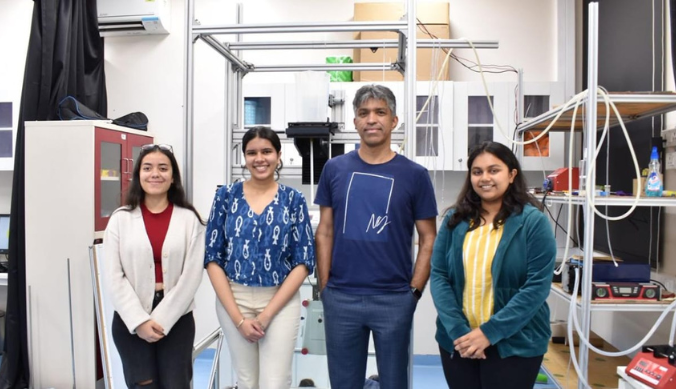Conference Report – The Himalayas from Its Edges: Mobilities, Networks, Geographies
Ashoka University in collaboration with the University of Westminster organised a two-day interdisciplinary conference on 27th and 28th January, 2023
The Himalayan ranges, which suture a vast and varied physical and socio-cultural landscape, have escaped critical scholarly understanding from state-centered approaches. In an attempt to understand the Himalayas as a cross-border space, an interdisciplinary conference titled The Himalayas from Its Edges: Mobilities, Networks, Geographies was held at Ashoka University on 27-28 January 2023. It was jointly convened by Dr. Swargajyoti Gohain and Dr. Sayantani Mukherjee from Ashoka University and Dr. Dibyesh Anand and Dr. Nitasha Kaul from the University of Westminster, London. Sneha Roychoudhury, PhD candidate, Sociology and Anthropology and Kimsen Kipgen, senior manager, Ashoka Centre for China Studies, along with Ashoka’s student volunteers, oversaw the conference organisation. The conference was supported by the Research and Development Office, Ashoka University through the Axis Bank grant. As one of the first of its kind in India, the conference brought together twenty-seven scholars from various disciplines and institutions across India and the world to discuss the Himalayas in their historical and contemporary sense. The conference was open to the public and was attended by many scholars and students.
Dr. Carole McGranahan, Professor of Anthropology, University of Colorado, Boulder gave the keynote address, in which she spoke on the themes of social death, impermanence and theoretical storytelling through the story of the Pandatsangs, a Tibetan family with whom she has worked closely. Dr McGranahan held an informal discussion session with students on the second day of the conference where she responded to questions pertaining to her research, fieldwork and career as an anthropologist, and explained theoretical storytelling as a way to bring together ethnography as method and theory. The session was coordinated by Anirudh Raghavan, PhD scholar, Sociology and Anthropology.
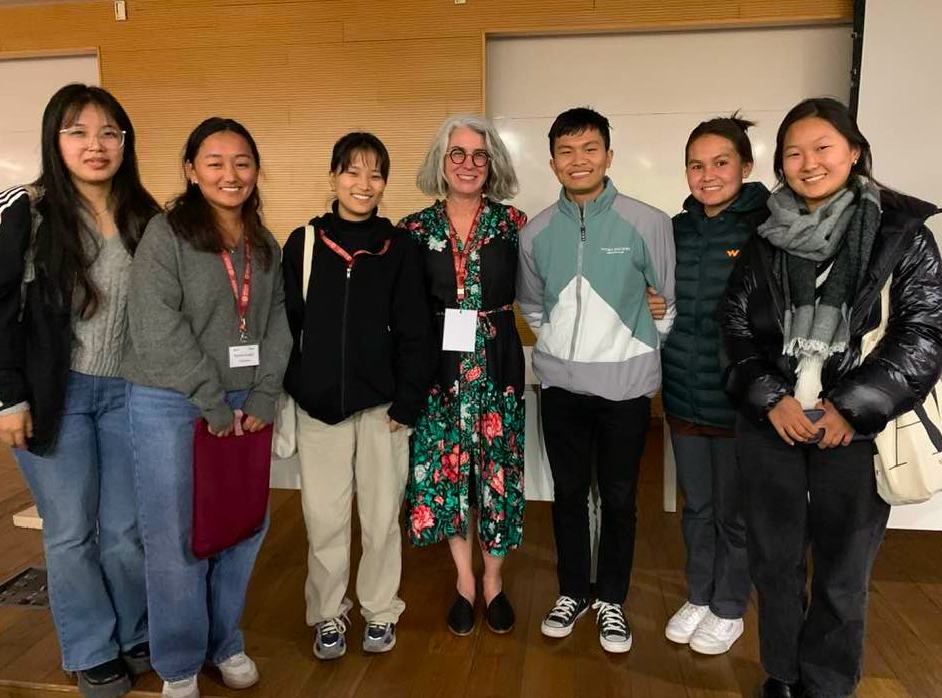
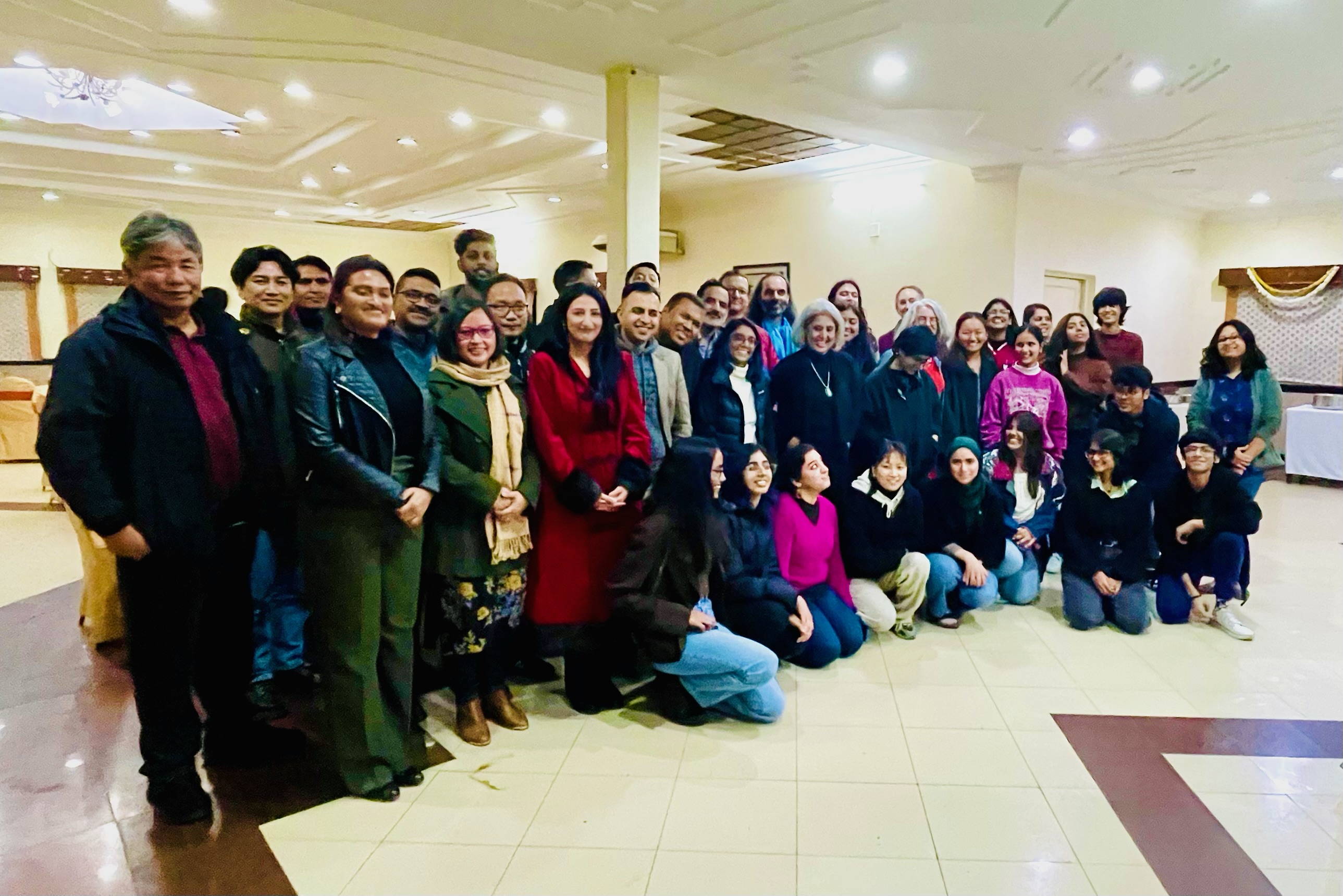
The first panel on day one of the conference consisting of Dr. Uttam Lal, Sikkim University, Dr. Sanjukta Datta, Ashoka University, and Gokul KS, PhD candidate, IIT Madras discussed the histories of connection and their manifestations or remnants through the lost trails or the archeological remains or through cinematic landscapes. The session was chaired by Dr. Vasudha Pande, former faculty, Lady Sriram college, Delhi University.
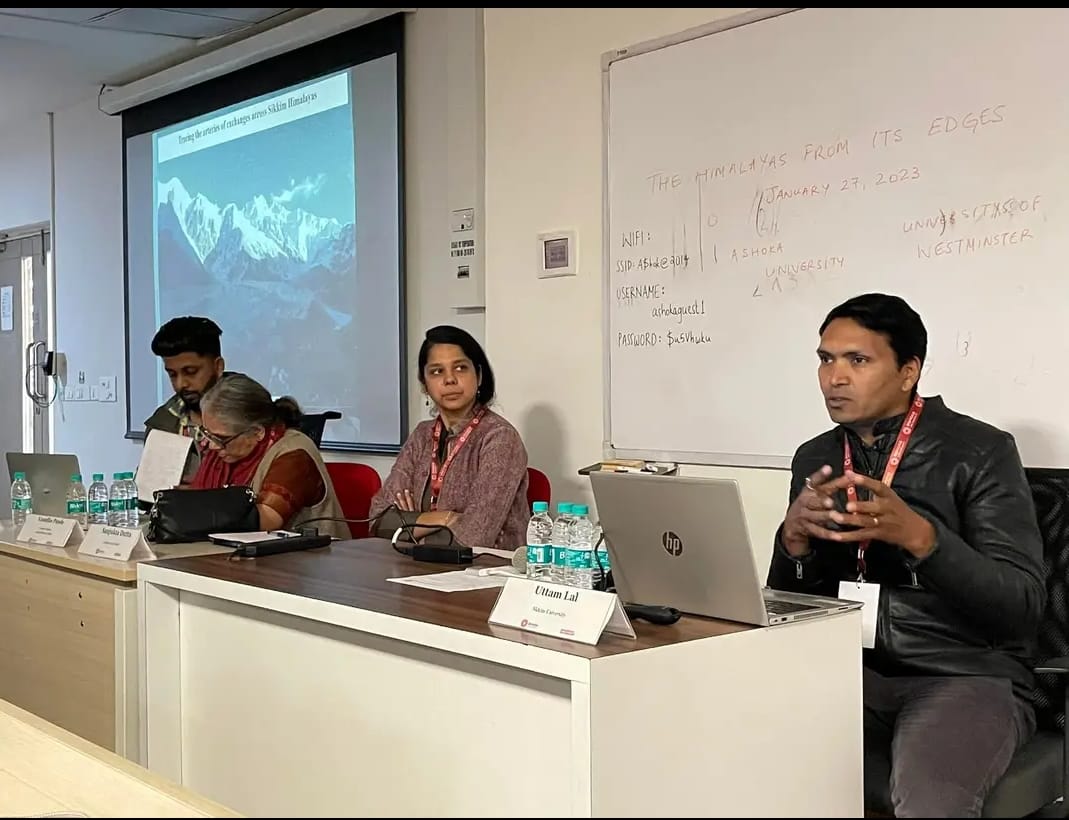
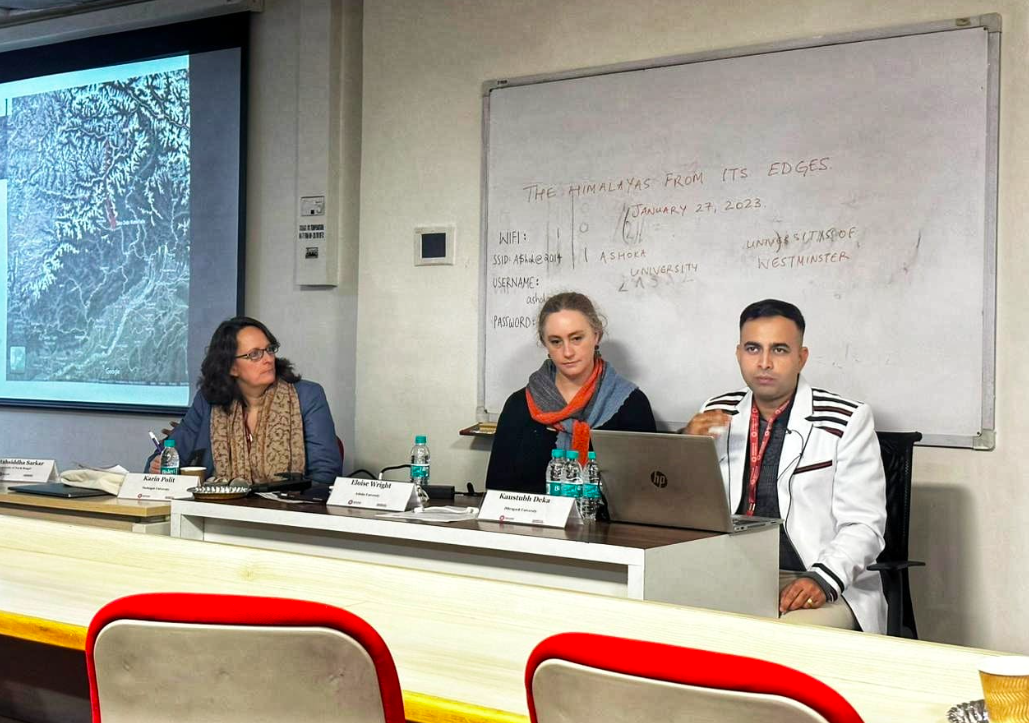
The second panel with Dr. Kaustubh Deka, Dibrugarh University, Dr. Eloise Wright, Ashoka University, and Dr. Swatahsiddha Sarkar, Centre for Himalayan Studies, University of North Bengal, talked about the processes of history making whether through the state in the case of Arunachal Pradesh or through literary metaphors in the kingdom of Dali, in present day Yunnan. Dr. Sarkar emphasized the need to be critical with the Himalayan geography and to understand the region on its own terms. Dr. Karin Polit, University of Tübingen was chair and discussant for this panel.
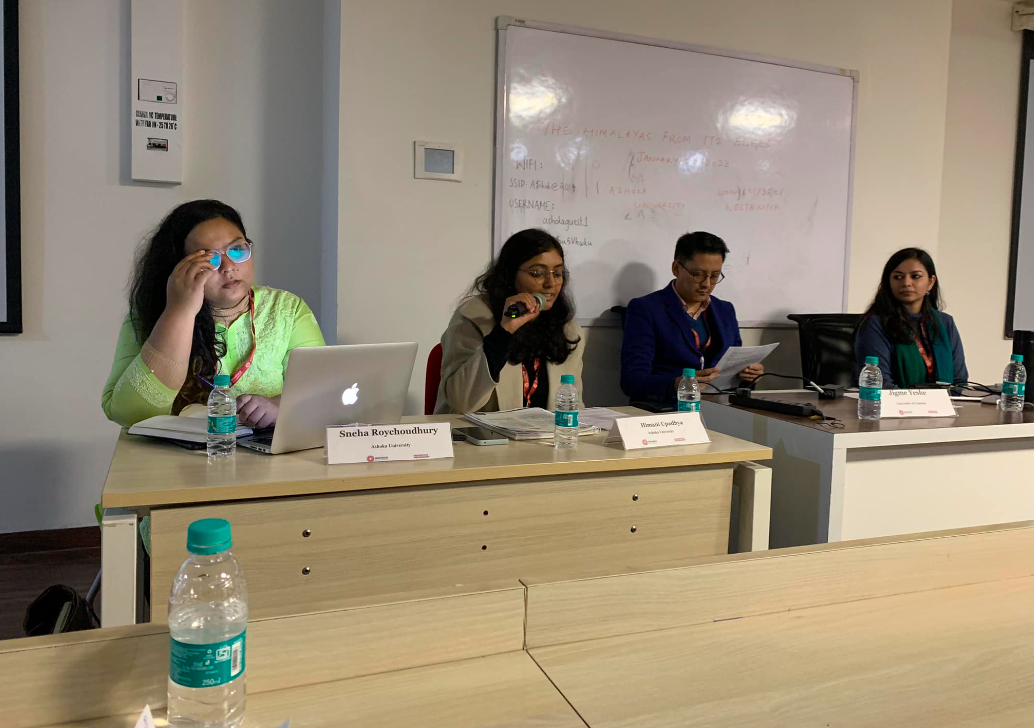
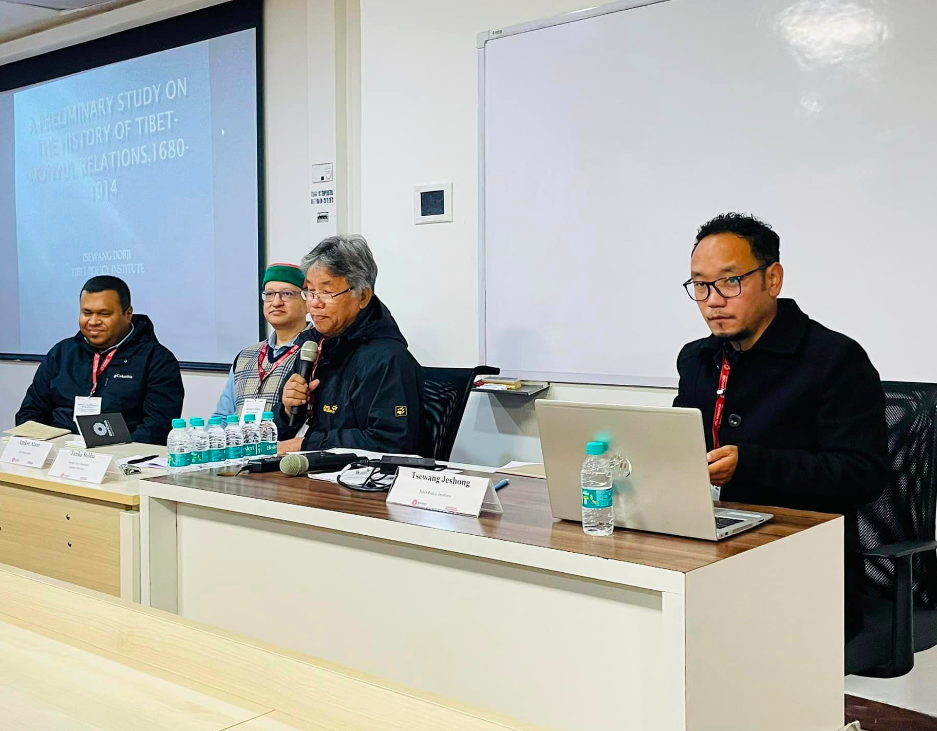
The Himalayas, since ages, have been a node of cultural exchange not only among humans but non-humans too, some of which have withstood time whereas others are facing imminent erasure. The papers by Dr. Jigme Yeshe, University of Calcutta, Sneha Roychoudhury and Dr Manvi Sharma, Ashoka University demonstrated these processes in Darjeeling, Sikkim, and Ladakh respectively in this panel, chaired by Himani Upadhyaya, PhD candidate, Ashoka University.
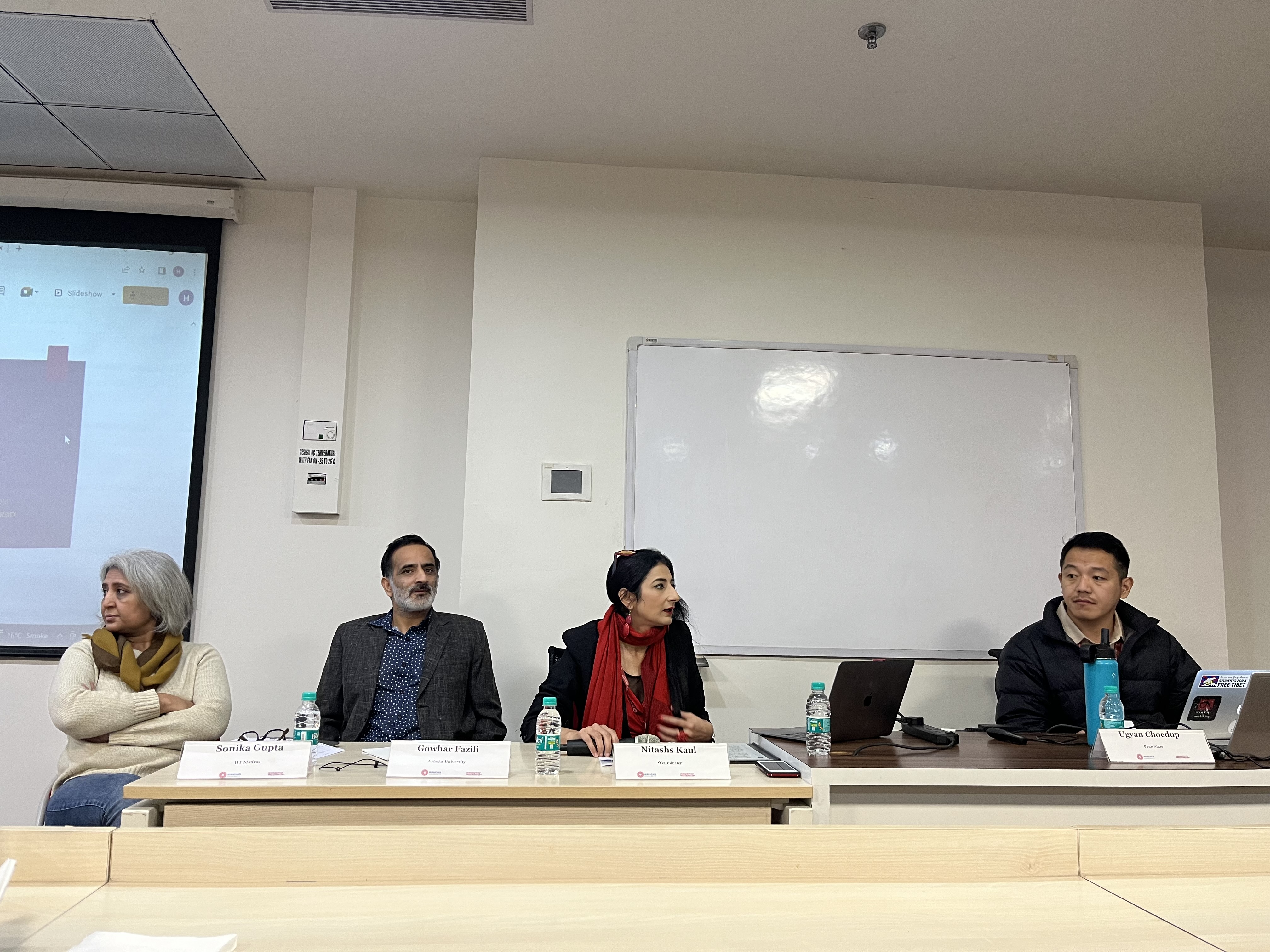
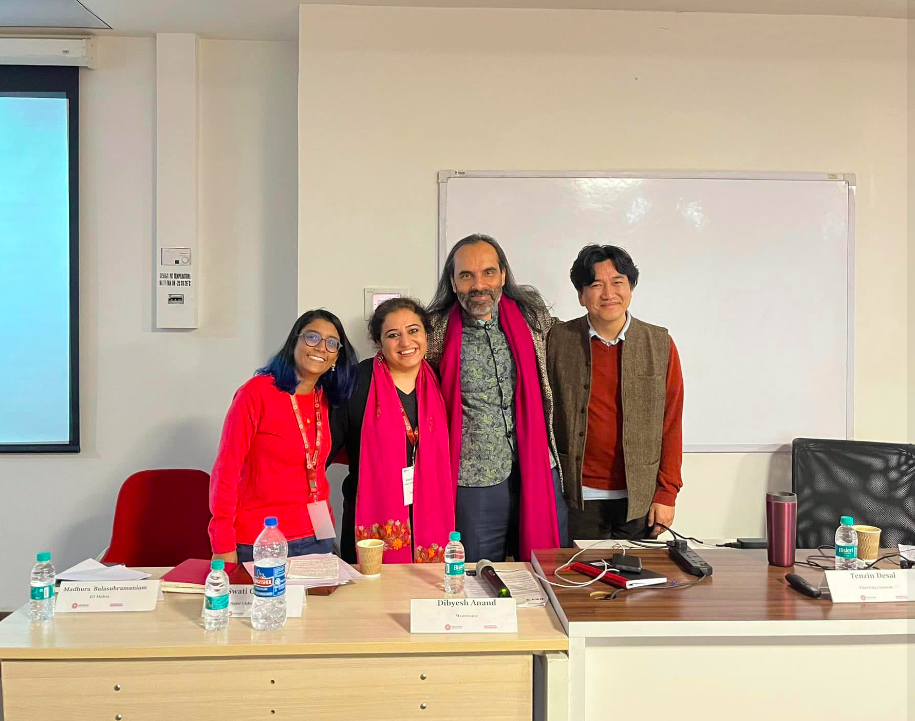
Panelists on the second day attempted to nuance the vast geography of the Himalayas through specific entry points. The papers by Dr. Tsewang Dorji, Tibet Policy Institute, Dr Mirza Zulfiqur Rahman, Institute of Chinese Studies and Dr. Aniket Alam, IIIT, Hyderabad, tried to understand the histories of the region through historical documents and state-making infrastructural technologies like dams. Dr. Tanka Subba, former Vice-Chancellor, Sikkim University was chair and discussant.
The fifth panel of the conference, chaired by Dr. Nitasha Kaul, explored the impact of imperial, national, and colonial state-making processes in the Himalayas. Ugyan Choedup, PhD candidate, Pennsylvania State University, spoke about the exile Tibetans’ contact with modernity and their confusion and inadequacy in the early 1950s. Dr. Sonika Gupta, IIT Madras, discussed the fraught relations that local people of Arunachal Pradesh have with Tibetan exiles. Dr. Gowhar Fazili analysed the nationalist and communal undertones that alienate Kashmiri Pandits and Muslim communities which once shared a common history.
The next set of papers by Dr. Tenzin Desal, Tibet Policy Institute, Madhura Balasubramaniam, PhD candidate, IIT Madras and Dr. Swati Chawla, OP Jindal Global University went on to show that writing history is a political act which has consequences in the present times. Dr Dibyesh Anand chaired this panel.
The conference concluded with a roundtable on Himalayan futures by the four co-organisers titled What Next?
Written by Tenzing Palmo
Study at Ashoka








